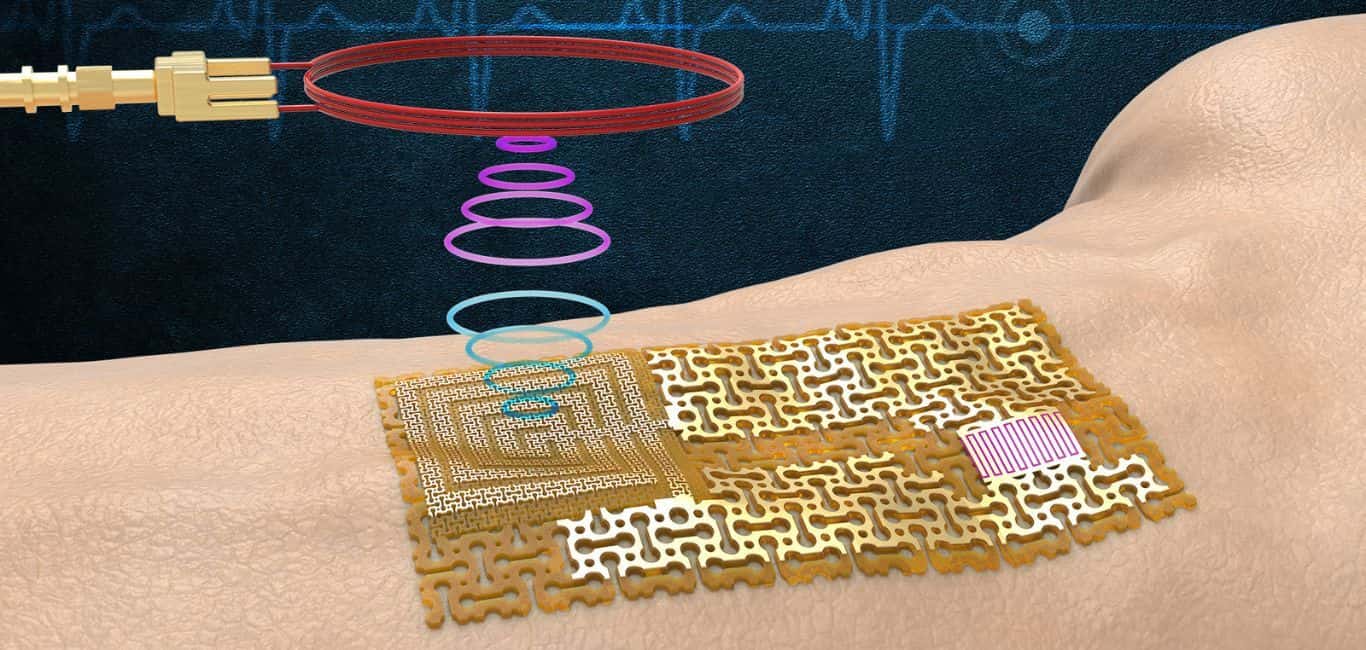
Researchers at the Italian Institute of Technology have developed a low-cost, self-powered and edible sensor that can tell if a frozen food item has thawed before consumption. If productised, the sensor could serve as an important tool for improving food safety.
The edible sensor does not require any external power backup as it carries its own tiny little battery that creates a current when the electrolyte melts. This flow of current is measured and can be read out on a colour display that will indicate if the food has ever dropped below a set temperature.
“The idea of the sensor is simple,” said Mario Caironi, senior researcher at the Italian Institute of Technology. He explained that liquid electrolytes, such as water with table salt dissolved in it, are conductive when in liquid form, but are not when frozen.
“We exploited this basic observation to devise a sensor that can detect defreezing of food,” added Caironi.
The sensor has a measurable range between -50 and 0 C (-58 and 32F) and can even be tuned to be activated at an exact temperature. The researchers did this by altering the electrolyte and salt concentrations in the sensor.
Frozen foods are transported through cold chains to preserve their quality and flavour, but they often experience temperature fluctuations that cause cycles of freezing and thawing. This could result in spoiling as the nutrients present in food break down, making them toxic for consumption.
Food producers could use the sensor to track the quality of food at different points in their supply chain. Similarly, consumers would be able to check the quality of frozen foods they buy off store shelves and even after they bring it home.
“This is a fully edible self-powered temperature sensor designed for monitoring of frozen foods” Ivan Ilic, co-author of the study, said in a statement.
To make the sensor edible and safe to be used in contact with food, the researchers tested it with several electrolyte-rich foods including grapes, melons, and apples, as well as solutions of frozen edible electrolytes, such as table salt and calcium-containing salts.
For the colour changing detector, they used tin and gold electrodes suspended in red cabbage juice. The juice irreversibly shifts in colour from reddish purple to blue once electricity is passed through it, indicating that the food has thawed.
The entire sensor and detector have been packed in a beeswax chamber, making it completely edible and inexpensive. It even has the capability to show for how long a specific food item has been kept above a defreezing temperature.
In preliminary testing, the sensor was accurate, the researchers said. They are now working to miniaturise it, allowing it to be used in several different ways.
















